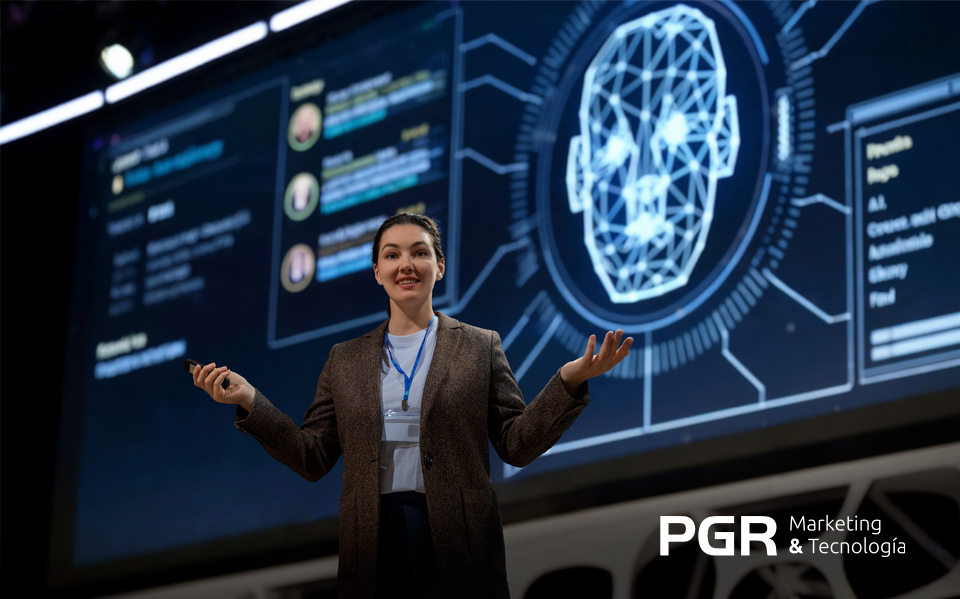The race to lead the development of generative artificial intelligence continues to advance, and OpenAI has taken a bold step forward by making the Deep Research feature available to all users, including those on the free plan. With this move, ChatGPT positions itself on par with major competitors like Google’s Gemini.
But what exactly is this new tool, and what potential does it hold for digital marketing?
The Deep Research Feature from OpenAI for ChatGPT
Deep Research is a feature designed to transform the way we investigate complex topics. Rather than simply responding to a question with a quick or superficial answer, this function simulates the process many of us follow when we truly want to understand something: consulting multiple sources, filtering relevant information, and avoiding wasting time with redundant or biased data.
With Deep Research, ChatGPT takes on that task for you. It analyses high-quality content from across the web, discards the irrelevant, and synthesises the findings into a clear, structured report. The result is a comprehensive, organised, and noise-free overview, allowing the user to focus on understanding the topic instead of jumping between tabs. In this way, it makes research fast, accurate, and accessible — even for users on the free version of the platform.
The Deep Research approach proposed by OpenAI aims to go one step further than competitors like Gemini, DeepSeek or Perplexity by offering a more structured and detailed result: a complete report instead of a simple list of search results on a topic.
This functionality, freely available to all users, opens up many opportunities for marketing professionals.
How Marketing Teams Can Leverage ChatGPT's Deep Research
Marketing teams can leverage ChatGPT's Deep Research to perform competitive analysis that reveals concrete areas for improvement. By comparing their website with those of competitors, they can identify advantages in SEO, UX design, and the effectiveness of calls to action (CTAs). This function enables refinement of content structure, message precision, and conversion strategies based on real industry data.
In content optimisation, ChatGPT helps uncover relevant keywords and better understand user search intent. This enables improvements to underperforming pages or articles by suggesting more effective structures and a more strategic use of language. As a result, content teams can produce material more aligned with audience needs and improve search engine rankings.
Market and trend research is another key capability of Deep Research. By analysing industry reports, articles, and customer conversations, marketing teams can detect shifts in consumer behaviour and adapt their messaging to market conditions. This gives them the agility to adjust campaigns, launch products, or reshape strategies based on the latest insights.
Finally, in the area of communication strategy and expert positioning, ChatGPT can gather data from multiple sources to support solid, well-grounded messaging. This makes it easier to create expert content such as white papers, opinion pieces, or social media posts that enhance brand credibility. Thanks to this, organisations can position themselves as thought leaders in their field with well-informed and timely discourse.
Want to start making the most of ChatGPT's Deep Research feature to boost your company’s digital marketing? At PGR Marketing & Technology, we’re here to help you make it happen.





